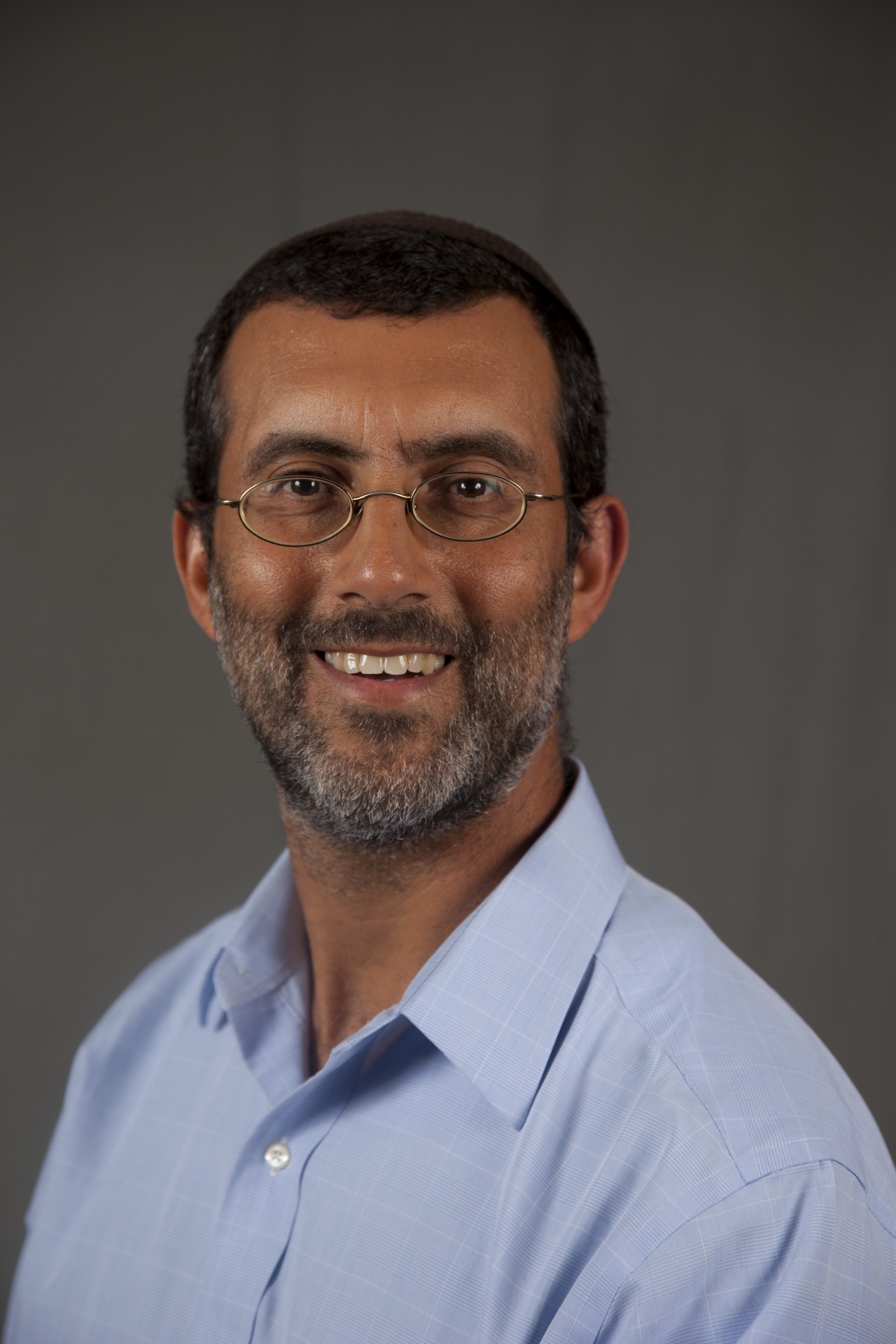Having grown up in a Reconstructionist community in the 1970s, I first became aware of Jacob as the co-author of Exploring Judaism, A Reconstructionist Approach in the late 1980s as I was looking at Judaism anew as a young adult. I was curious to learn more about my spiritual roots, and Jacob, along with co-author Rebecca Alpert, was among my guides. Given this history, I was delighted to learn, more than 20 years later, that Jacob would be part of a delegation from RRC participating in IJS’s Tikkun Middot Project (TMP), on which I was serving as a faculty member. It was through this project that I came to personally experience Jacob’s warmth, humor, deep spirituality and menschlichkeit.
There are others who are better positioned to reflect on Jacob’s considerable skills as a teacher of Mussar and middot. I was in the unusual position of getting to experience Jacob as a student of Mussar and as a fellow learner. Two main soul traits stand out to me from this several-year period. The first is Jacob’s anavah/humility. A Mussar perspective on anavah includes knowing how to show up in any situation, particularly regarding how much space to take. We learn this from the several instances where biblical figures respond to the Divine call with the phrase, “Hineni/Here I am,” which Rashi tells us is a phrase of humility. Invoking this response, Abraham (Genesis 22) and Moses (Exodus 3) are in effect saying, “I am present and showing up for whatever this moment calls from me.”
Dr. Alan Morinis provides us with another, related understanding of anavah as appropriate space taking. Morinis bases this teaching on the following cryptic passage in the Babylonian Talmud B’rakhot 6b, “One who makes a fixed place for themselves for prayer, after they die are called … humble … .” He explains that choosing a fixed place in synagogue, a makom kavua, symbolically communicates that you have a space while also making room for others to have their space. Thus, humility involves taking the space that is yours, while ceding space that is not yours to take. This proportion will change with the circumstances, so anavah is a dynamic trait.
Coming from an Orthodox upbringing, and having an extensive academic and rabbinic background, Jacob exercised this kind of anavah/humility by approaching the TMP with a beginner’s mind. He needed to put aside considerable, accumulated baggage from the Mussar tradition to engage afresh with what we were offering about middot development. He engaged with gusto and presence, really working the middot and practices into his life. It takes healthy humility to put aside what one has learned in the past, taking the right amount of space for the moment, and allowing Mussar to enter the heart and do its work on the soul. This is the only way to guide others in the work, and it is one reason why Jacob has been such a successful teacher of Tikkun Middot at RRC.
The other soul trait is a combination of Emet/Truth and Tocho K’Boro/Integrity. Emet is made up of the first (aleph), middle (mem) and last (taf) letters of the aleph bet. This signals that Emet/Truth is broad and inclusive. As I got to know Jacob, I was moved by his commitment to honoring all parts of his experience as he learned Torah. Torah can overwhelm the self, and the self can overwhelm Torah. I see Jacob as someone committed to balancing Torah and self, and not dismissing either. This takes a deep love and knowledge of Torah and a skillful awareness of the self, all of which Jacob has cultivated over a lifetime. I got to witness this masterful balancing through our small-group encounters and ongoing communications about Mussar texts. It is this integrity to tradition and subjectivity that also makes Jacob such a skillful guide in the middot and spiritual growth in general.
I honestly must say I loved Jacob from the first time we met in person through the TMP. His combination of warmth, humility, disarming humor, brilliance and integrity signaled to me that this was a man with whom I could open my heart and connect. I’m sure this is an experience shared with many.
Jacob, may the memories of the past 40 years of teaching provide joy and fulfillment, and may the coming years open up even more opportunities for learning, growth, adventure and connection.







